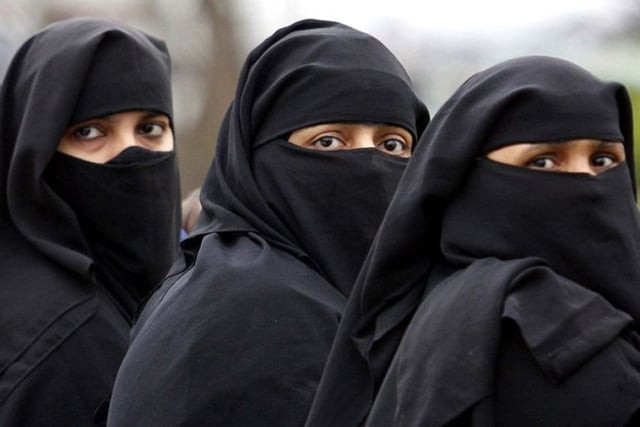After Austria, Denmark set to become next European country to ban burqas
France, Belgium, Netherlands and Bulgaria have already imposed some restrictions on full-face veils in public places

Around 200 women in Denmark wear burqa or niqab garments, according to researchers.
PHOTO: REUTERS/FILE
Full and partial face veils such as burqas and niqabs divide opinion across Europe, setting advocates of religious freedom against secularists and those who argue that such garments are culturally alien or a symbol of the oppression of women.
The niqab covers everything but the eyes, while the burqa also covers the eyes with a transparent veil.
Austrian ban on full-face veil in public places comes into force
France, Belgium, the Netherlands, Bulgaria and the German state of Bavaria have all imposed some restrictions on the wearing of full-face veils in public places.
“This is not a ban on religious clothing, this is a ban on masking,” Jacob Ellemann-Jensen, spokesman for the Liberal Party, told reporters on Friday after his party, the largest in the coalition government, decided to back a ban.
Anti-immigrant Facebook group mistakes empty bus seats for women wearing burqas
This would effectively mean a ban on the niqab and the burqa, he added. Around 200 women in Denmark wear such garments, according to researchers.
The three-party centre-right minority government, its ally the Danish People’s Party and the main opposition Social Democrats have all said they are in favor of a ban, though they are still discussing how the ban should be designed and enforced.
Norway’s government in June proposed a ban on face-covering veils in kindergartens, schools and universities.



















COMMENTS
Comments are moderated and generally will be posted if they are on-topic and not abusive.
For more information, please see our Comments FAQ